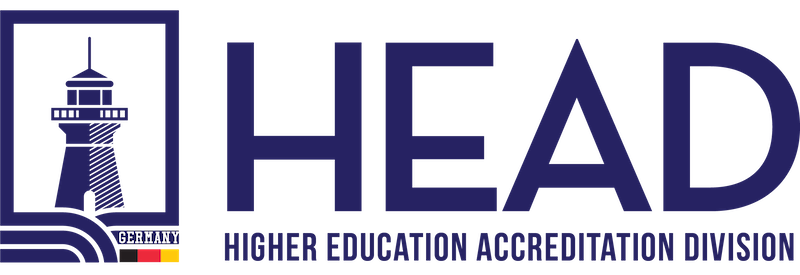Optimizing Educational Organization Management Systems: Resource Determination and Availability

Introduction
In today’s dynamic educational landscape, efficient management of educational organizations is crucial for delivering high-quality education and fostering a conducive learning environment. An integral part of this management process is accurately determining the resources needed for various processes and ensuring their availability. This article explores the significance of resource determination and availability in an Educational Organization Management System (EOMS) and provides insights into how educational institutions can optimize their operations through effective resource management.
Understanding Resource Determination
An Educational Organization Management System encompasses a wide range of processes and activities, including admissions, curriculum development, timetabling, faculty management, student support services, infrastructure maintenance, and more. Resource determination in an EOMS involves a systematic approach to identifying the specific resources required for each process.
- Financial Resources: Determine the financial resources needed to sustain the educational institution’s operations. This includes budgeting for operational expenses, infrastructure development, technology investments, and student support services.
- Human Resources: Identify the faculty and administrative staff required to support the educational processes. Assess the staffing needs based on student enrollment, faculty-student ratios, subject expertise, and non-teaching staff requirements.
- Technological Resources: Determine the technological resources necessary to enhance teaching and learning. This includes hardware, software, networking infrastructure, learning management systems, e-learning platforms, and other educational technologies.
- Physical Resources: Evaluate the physical resources required for effective educational management. This includes classrooms, laboratories, libraries, sports facilities, and other infrastructure elements that support the institution’s activities.
Ensuring Resource Availability
Once the resources are determined, the next step is to ensure their availability to facilitate efficient educational management. Here are key considerations for ensuring resource availability:
- Strategic Planning: Align resource planning with the institution’s strategic goals and objectives. Establish a resource management framework that supports the institution’s long-term vision and enables effective resource allocation.
- Resource Allocation and Budgeting: Allocate resources based on priority and criticality to support different processes. Develop a comprehensive budgeting process that considers the needs of each department, program, and support service.
- Staff Recruitment and Development: Implement effective recruitment strategies to attract and retain highly qualified faculty and administrative staff. Provide professional development opportunities to enhance their skills, knowledge, and pedagogical approaches.
- Infrastructure and Technology Management: Regularly assess and maintain the institution’s physical infrastructure and technological resources. Plan for upgrades, repairs, and expansions to ensure they align with evolving educational requirements.
- Collaboration and Partnerships: Foster collaborations with external organizations, such as industry partners, educational networks, and community stakeholders. Leverage partnerships to access additional resources, expertise, and shared facilities.
- Continuous Monitoring and Evaluation: Implement systems to monitor and evaluate resource utilization, identify inefficiencies, and make data-driven decisions for resource optimization. Regularly review resource allocation to ensure effectiveness and adjust as needed.
Benefits of Effective Resource Determination and Availability
Efficient resource determination and availability within an Educational Organization Management System offer numerous benefits:
- Enhanced Operational Efficiency: Accurate resource determination and availability streamline processes, reduce administrative burdens, and optimize resource utilization, leading to improved operational efficiency.
- Improved Teaching and Learning: Adequate resource availability, including qualified faculty, well-equipped classrooms, and cutting-edge technology, foster an optimal learning environment, leading to improved educational outcomes.
- Optimal Resource Utilization: Effective resource management minimizes resource wastage, maximizes utilization, and ensures that resources are allocated where they are most needed, resulting in cost savings.
- Informed Decision-Making: A clear understanding of resource requirements empowers educational administrators to make informed decisions regarding resource allocation, infrastructure investments, and strategic planning.
- Scalability and Adaptability: By regularly assessing resource availability, educational institutions can adapt to changing needs, accommodate enrollment growth, and introduce new programs efficiently.
Conclusion
In an increasingly complex educational landscape, efficient resource determination and availability are paramount for effective Educational Organization Management Systems. By accurately identifying the resources needed for various processes and ensuring their availability, educational institutions can optimize their operations, enhance educational experiences, and provide a nurturing learning environment for students and staff alike. Effective resource management is a key driver of success in educational organizations, supporting their mission to deliver quality education and shape future generations.
Source: HEAD – Higher Education Accreditation Division
Would you like to speak to one of our Higher Education Accreditation Expert? Just submit your details and we’ll be in touch shortly. You can also email us if you would prefer.

